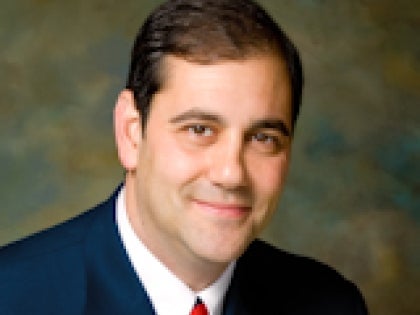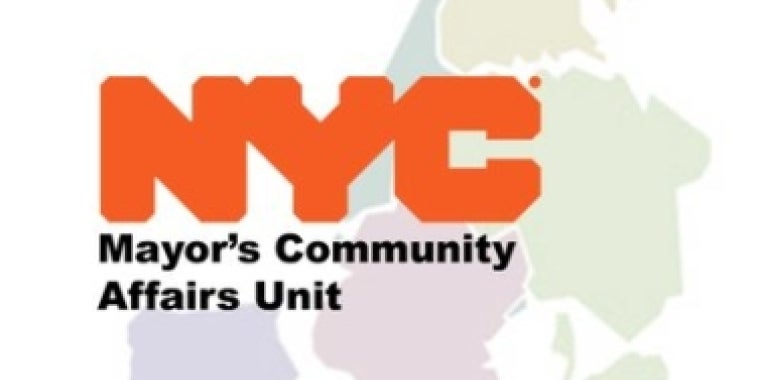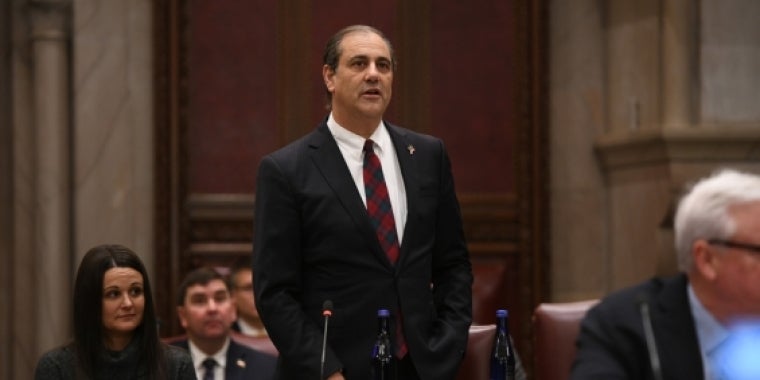
Senator Andrew Lanza Votes to Toughen Laws for Driving Under the Influence
Andrew J Lanza
January 24, 2012
The New York State Senate passed legislation this week that creates new penalties for individuals supervising another driver while also under the influence of drugs or alcohol, also known as Abbagail’s Law (S.164C). The bill, cosponsored by Senator Andrew Lanza, is named after eight-year-old Abbagail Buzard, who died in a car accident caused by an inexperienced driver who was supervised by a parent under the influence of alcohol.
“Abbagail’s Law closes a big loophole by making it clear that ‘supervising drivers’ that are drunk will be held accountable for their irresponsible actions,” Senator Lanza said. It’s simple to understand: if you are supervising a younger driver, you must be sober.”
“People who are supervising unlicensed drivers have the same crucial responsibility to be fully aware and capable of operating a vehicle as the driver,” Senate Majority Leader Dean Skelos said. “The tragic death of Abbagail Buzard demonstrates that new protections are needed to prevent supervising drivers from being impaired by alcohol or drugs and to hold violators accountable for their actions.”
In September 2009, Abbagail Buzard was at a family gathering when her father, who had been drinking, convinced a 17-year-old cousin with a learner’s permit to drive him to a store to get more beer. Abbagail and three other children also were in the car, with Abbagail sitting on someone’s lap in the back seat. The young driver was operating the vehicle at unreasonable speeds and lost control of the car. Abbagail was thrown from the car when it rolled down an embankment, eventually trapping her underneath the car and killing her. Under current law, neither the driver nor the father could be prosecuted for the circumstances leading to her death.
This bill creates new penalties for supervising drivers under the influence of alcohol or drugs. If a supervising driver has a blood-alcohol concentration (BAC) of 0.18 percent or more, they would be charged with a Class E felony. If the BAC concentration is lower, they would face a Class A misdemeanor.
The bill has been sent to the Assembly.



